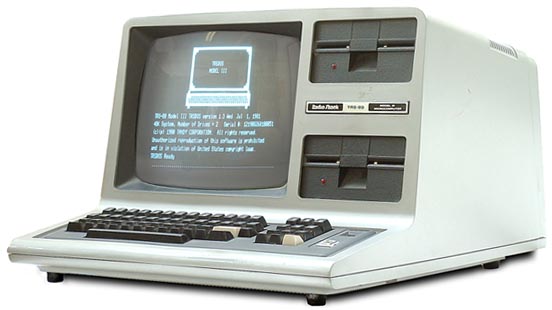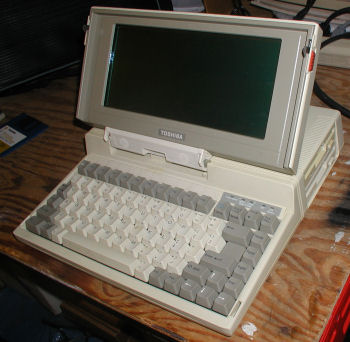Good bike ride. 5.15 miles
Fun until the back tire sprung a leak and ended up half flat
Anywho
In today's world there are only 2 groups. IT people and everyone else.
Even this needs clarification. What is an IT people? Is the goober at the help desk who only knows how to tell someone to power-cycle their equipment IT people?
That's what I'm talking about, you have to clarify what parameters you're looking at.
You just did a great job of proving my and cletus point. You really don't know what the fuck you are talking about here. Many of us here have actual real world experience in this. At least a decade or more. You are applying some BS you caught in one of your recent classes that has nothing to even do with the topic and treat it like it's relevant.
You know nothing Jon Snow.
"My experience" is not quantifiable and repeatable until you can back it up with solid data
Someone with your exact qualifications, but with a different viewpoint will have a different experience than you.
And while I'm not currently taking any sort of statistics, math is still math. So long as the answer is valid anyone that can follow the formula can get the same answer.
15 years ago was 1998, just for the record.
I know it seems like 1990 or 1992 when you say that, but its not. That was 20 years ago
My truck is 20 years old, and I was 9/10 years old in '93. I know how many years back it is
lol, you have pulled this lie before. Except i think it was 'I have class to attend'.
We all know this is your way of backing out of something you never should have gotten into in the first place, but you are, as usual, incapable of admitting it.
Hi! back again.
I'm sorry my health is more important than an inane argument with you, but I was letting you know where I went, that's what I get for being considerate

Back the shortbus up sparky. It has nothing to do with math AMD everything to do with the human factor.
Making the assertion that technology is more commonplace today results in more savvy users is ridiculous. Most people who consider themselves savvy are clueless morons who cannot accomplish the simplest of tasks. They assess themselves as savvy based on their knowledge compared to their peers. If their peers can't turn on a TV they assume they are awesome because they can. In general, the average savvy home user knows only enough to cause extensive damage to whatever they touch.
You're not even touching on 90% of the population. Most people aren't tech savvy and don't have certs. If you have a cert that's great but it doesn't automatically render one intelligent; I've met plenty of certified retards over the years.
I covered this a little bit.
It isn't ridiculous. Every business out there has at least one computer they use for record keeping, inventory, bill collecting, communicating with customers, or whatever. Even if that company is not big enough to have an in house IT Dept it will still have some individual or company that it turns to for IT services, even if it's only to connect to the internet. That growth directly relates to more computers and more computer jobs, to fill those jobs you have to have more tech-savvy people*. (check out the growth of hosts from only '93-97. 12.5x growth in hosts, someone has to manage them)
And I'm not talking about whether an individual finds themselves to be tech-savvy or not, I mean people that are in the IT world would consider tech savvy. If it's not something you can measure then how can you categorize it? That's why I went with certifications despite the fact that even I know that anyone can have a certification without having any actual knowledge (and if I knew the business better I might have chosen something different to measure.)
In the context of this discussion, 90% of the population aren't really relevant (and 15-20 years ago that percentage would be even higher), so why should I touch on whether they know anything or not?
You have to compare like to like, if you don't you're not comparing anything useful. That's why I initially said the answer would depend on the parameters.
*For the record, when I say tech-savvy people, I mean the definition I give in the section after this paragraph







